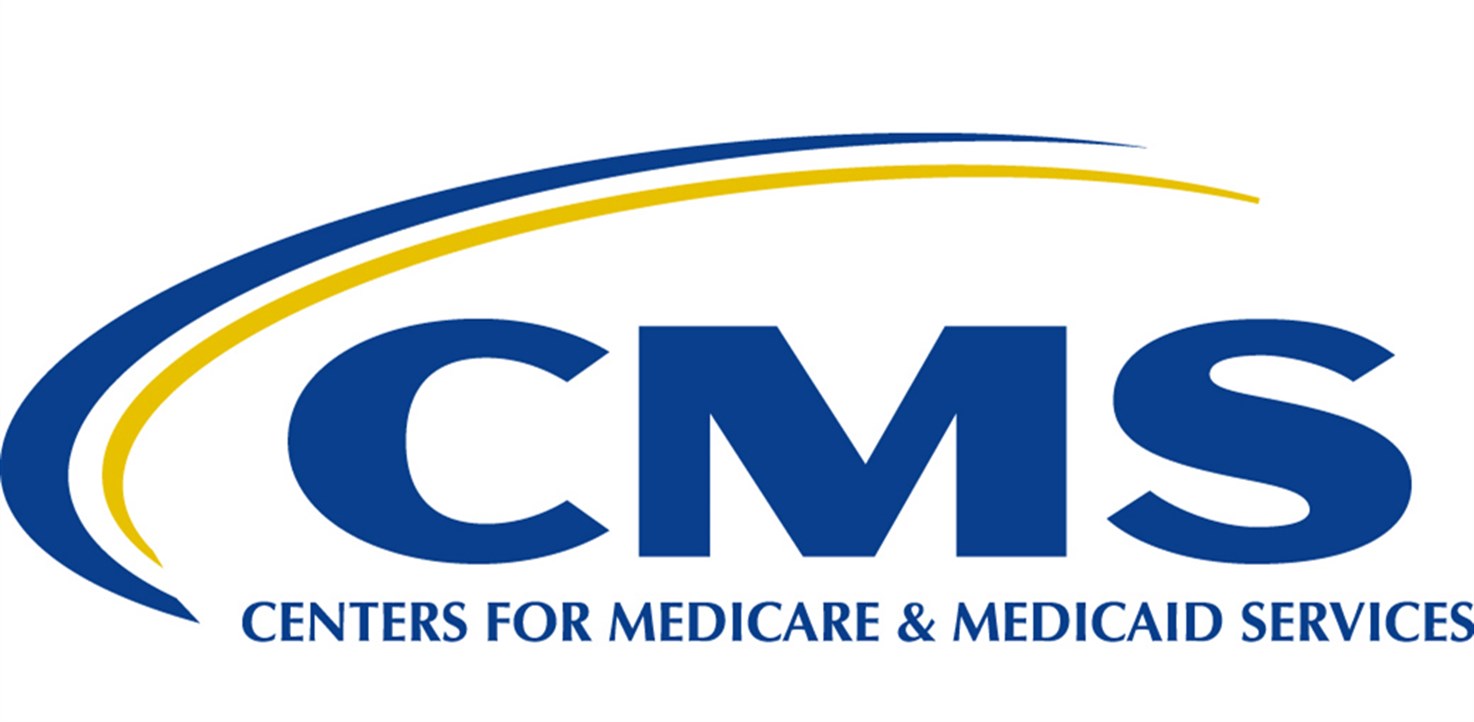The Centers for Medicare and Medicaid Services (CMS) has recently released a proposed Medicare Physician Fee Schedule for 2017 that will ease a few of the regulatory and practice burdens neurologists face, as well as place importance on the cognitive services they provide. In response to frustration and neurologist burn-out, the American Academy of Neurology (AAN) has strategically worked with the CMS to attain more appropriate levels of reimbursement for neurologists.
One problem is that current CMS rules discussing the importance of primary care have up to this point left out the role neurology plays in specialty care, especially for those patients with chronic disorders. Take for instance a person with Alzheimer’s Disease who also has diabetes. As it stands, CMS will only reimburse one of the patient’s physicians for chronic care management (CCM). That compensation usually goes to the primary care provider who manages the patient’s diabetes and leaves out the neurologist who manages the Alzheimer’s diagnosis. The proposed changes will increase payments for visits that initiate CCM services, increase payment for complex CCM, and reduce the administrative burden of coding for CCM.
The proposed changes also include compensating neurologists for the work they do for patients that are not necessarily face-to-face appointments. CMS has historically only paid physicians for face-to-face contact. This means that physicians who do procedures are paid the same amount in the evaluation and management code as those who provide cognitive services. The problem is that cognitive services often require making telephone calls, reviewing length medical records, or research specific information about a patient’s history. The proposed changes include two add-on codes for non-face-to-face prolonged services.
The extent to which these changes will assist neurologists depends on a particular neurologist’s scope of practice. Additionally, neurologists will have to learn how to use the codes to their fullest advantage. Overall, it is positive to see the AAN influence government policy in a way that helps the neurologists – a physician population that already has a shortage.
For more information: https://journals.lww.com/neurotodayonline/Fulltext/2016/09220/CMS_Tips_Hat_to_Neurology_in_2017_Proposed_Payment.2.aspx




